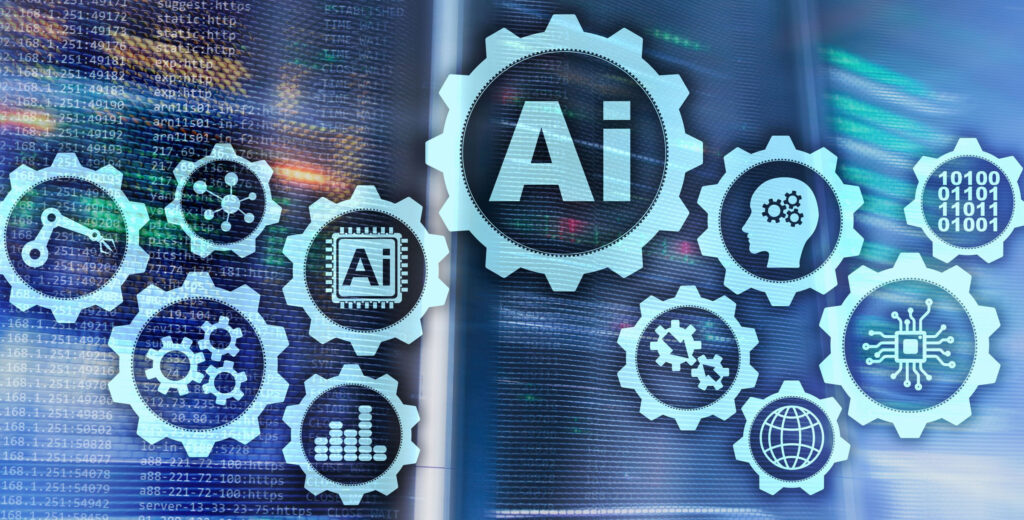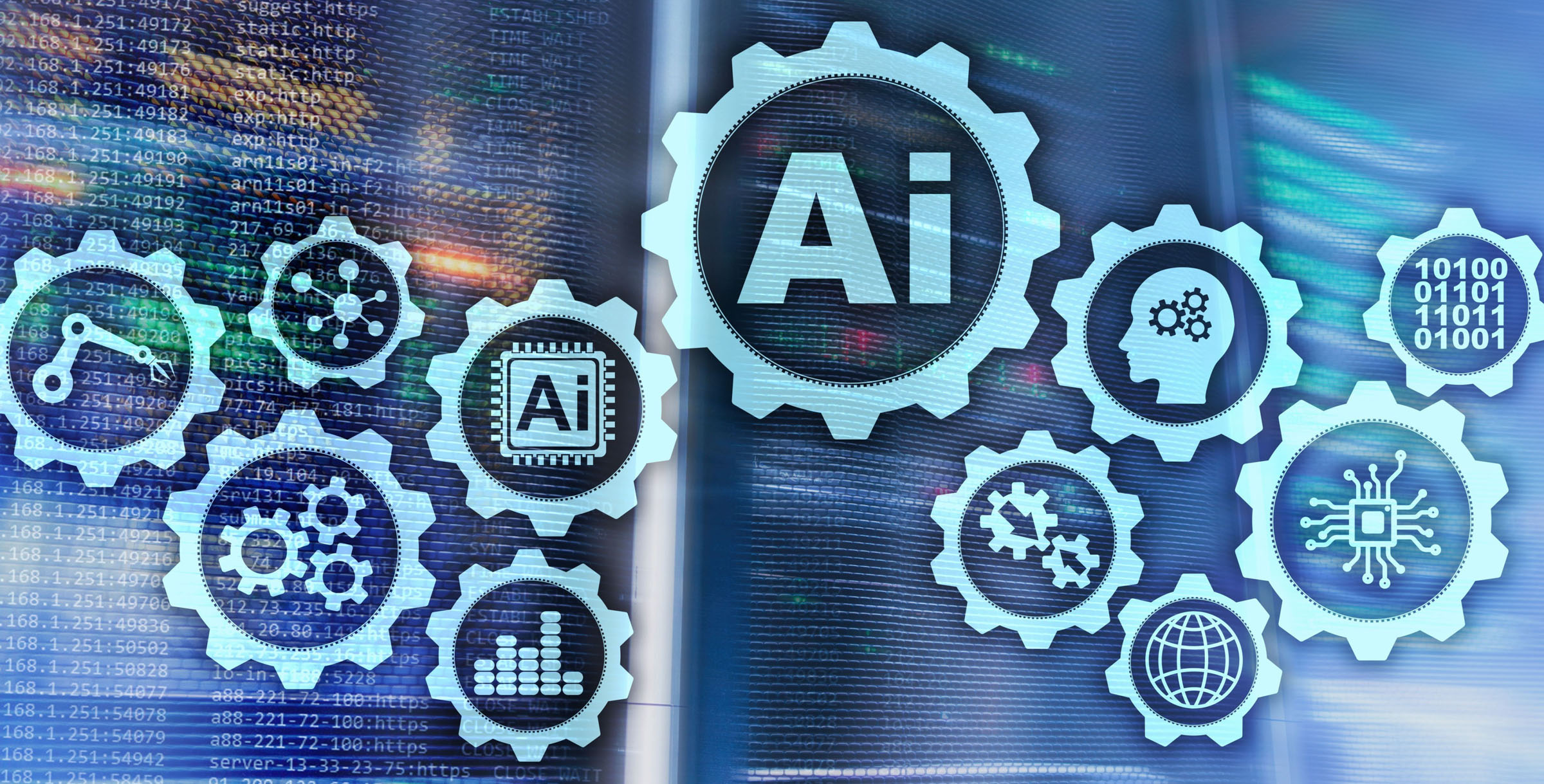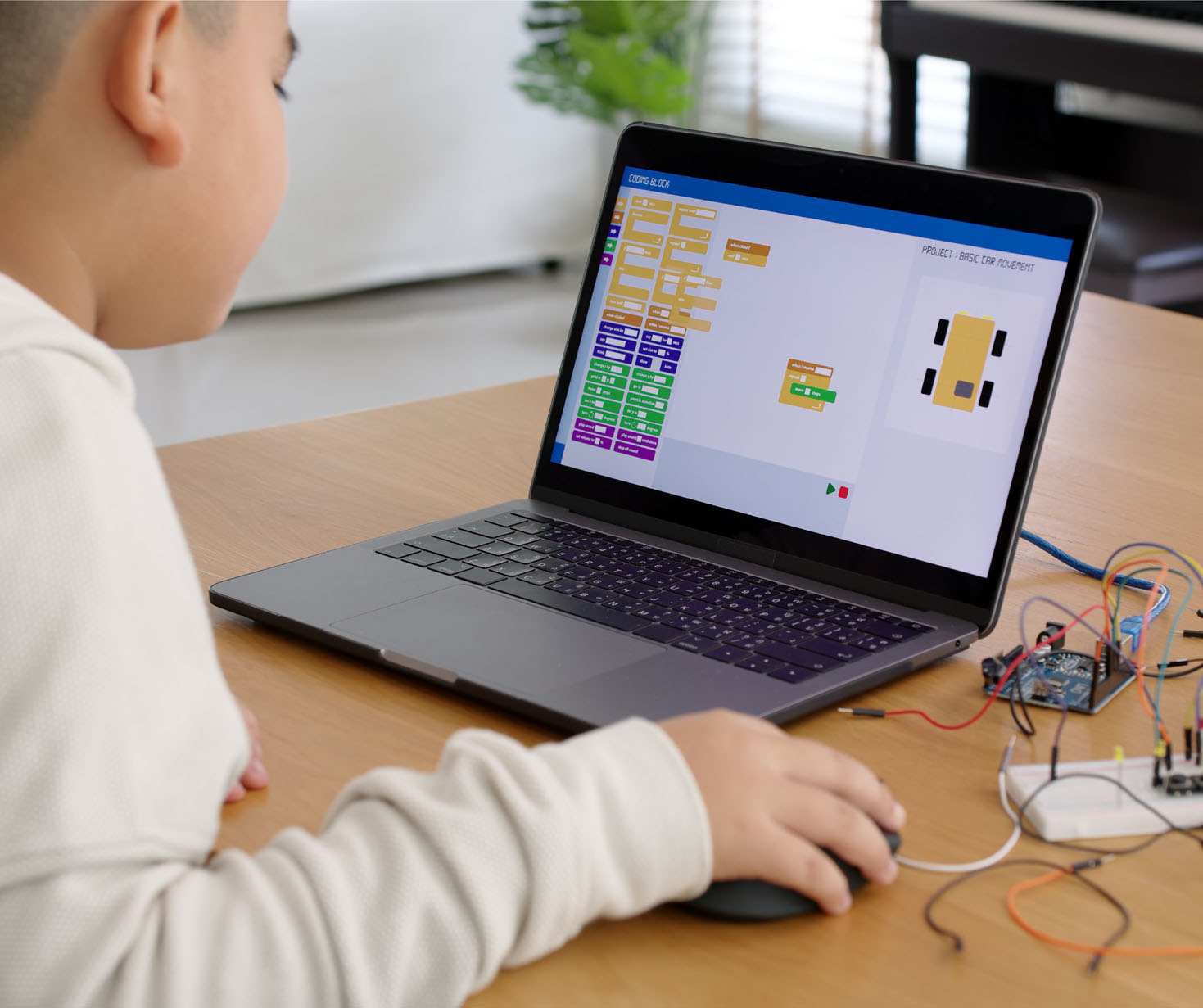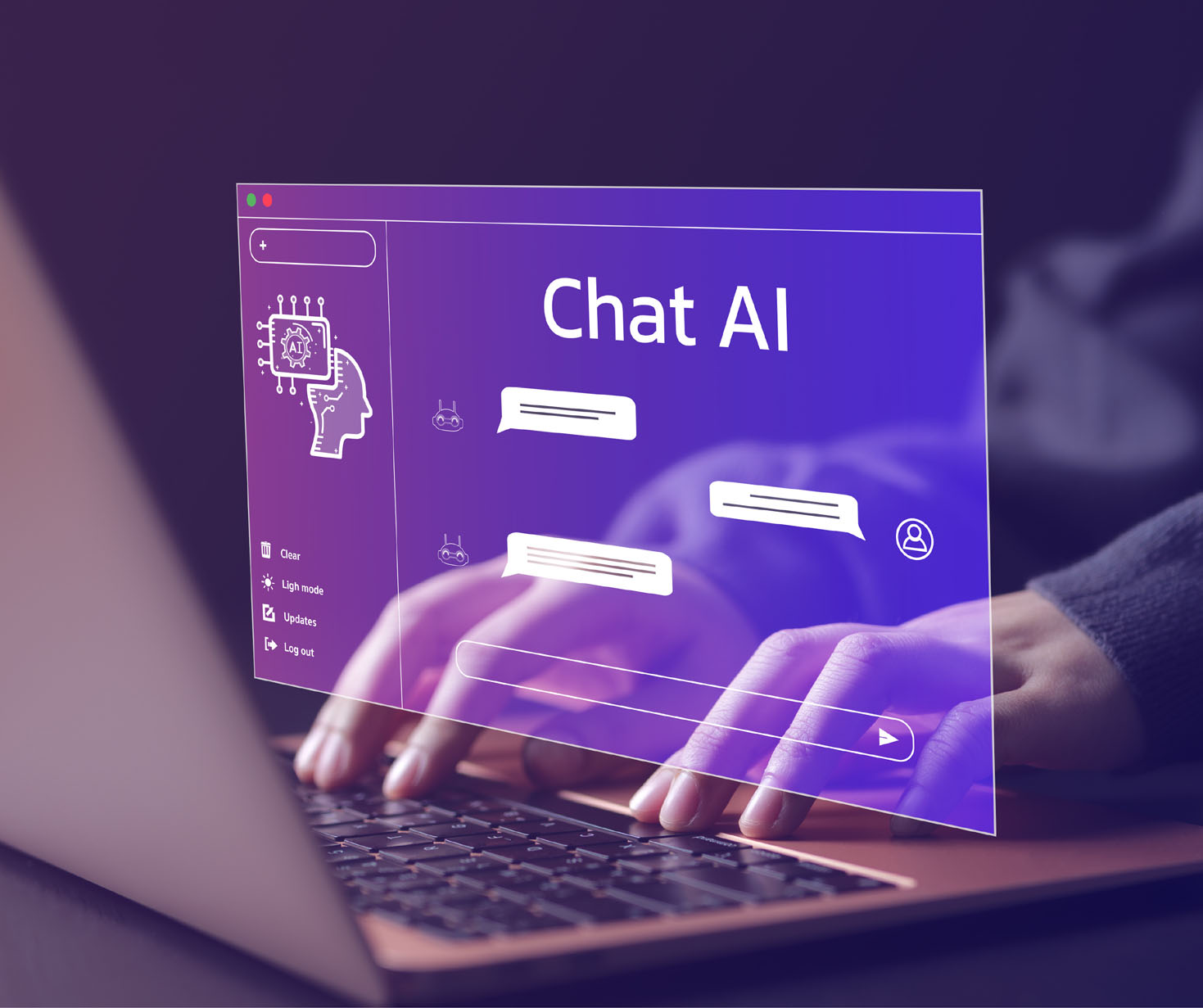

In recent years, artificial intelligence (AI) has emerged as a transformative force in various sectors, and education is no exception. As schools worldwide strive to adapt to the digital age, AI offers innovative solutions to enhance learning experiences, personalize education, and improve administrative efficiency.
AI in the Classroom: Personalized Learning
 One of the most significant impacts of AI in education is its ability to facilitate personalized learning. Traditional classroom settings often follow a one-size-fits-all approach, which can leave some students behind while others are not sufficiently challenged. AI-powered tools, such as adaptive learning platforms, can analyze individual student performance and tailor educational content to meet their specific needs. This personalization helps ensure that each student progresses at their own pace, maximizing their potential.
One of the most significant impacts of AI in education is its ability to facilitate personalized learning. Traditional classroom settings often follow a one-size-fits-all approach, which can leave some students behind while others are not sufficiently challenged. AI-powered tools, such as adaptive learning platforms, can analyze individual student performance and tailor educational content to meet their specific needs. This personalization helps ensure that each student progresses at their own pace, maximizing their potential.
For example, platforms like DreamBox and Khan Academy use AI algorithms to assess students’ strengths and weaknesses in real-time, providing customized exercises and feedback. This targeted approach helps students grasp difficult concepts more effectively and allows teachers to focus on areas where additional support is needed.
Enhanced Engagement and Interactive Learning
 AI is also revolutionizing how students engage with learning materials. Virtual and augmented reality (VR/AR) applications, powered by AI, create immersive learning experiences that make complex subjects more accessible and enjoyable. For instance, students can explore historical events through VR simulations or conduct virtual science experiments, making abstract concepts tangible and memorable.
AI is also revolutionizing how students engage with learning materials. Virtual and augmented reality (VR/AR) applications, powered by AI, create immersive learning experiences that make complex subjects more accessible and enjoyable. For instance, students can explore historical events through VR simulations or conduct virtual science experiments, making abstract concepts tangible and memorable.
Moreover, AI-driven educational games and chatbots can make learning more interactive and fun. These tools can provide instant feedback, answer questions, and offer hints, encouraging students to stay engaged and motivated. By making learning more dynamic, AI helps foster a deeper understanding of subjects and promotes a love for learning.
Streamlining Administrative Tasks
Beyond the classroom, AI is transforming the administrative side of education. Automating routine tasks, such as grading and attendance tracking, allows teachers to allocate more time to instructional activities and student interaction. AI-powered systems can efficiently grade multiple-choice tests and even assess written assignments using natural language processing (NLP) algorithms.
Additionally, AI can assist in managing school operations, from scheduling and resource allocation to communication with parents and students. Chatbots, for instance, can handle common inquiries and provide instant responses, reducing the administrative burden on school staff. This increased efficiency ultimately benefits both educators and students, creating a more streamlined and effective educational environment
Challenges and Ethical Considerations
 While the potential benefits of AI in education are immense, several challenges and ethical considerations must be addressed. Privacy and data security are paramount, as AI systems often rely on collecting and analyzing vast amounts of student data. Schools must ensure that this data is handled responsibly, with strict protocols in place to protect students’ privacy.
While the potential benefits of AI in education are immense, several challenges and ethical considerations must be addressed. Privacy and data security are paramount, as AI systems often rely on collecting and analyzing vast amounts of student data. Schools must ensure that this data is handled responsibly, with strict protocols in place to protect students’ privacy.
Moreover, the implementation of AI in education should be approached with caution to avoid exacerbating existing inequalities. Access to advanced AI tools and technologies can be limited in underfunded schools, potentially widening the educational gap between affluent and disadvantaged communities. Policymakers and educators must work together to ensure equitable access to AI-driven resources, providing all students with the opportunity to benefit from these advancements.
The Future of AI in Education
 Looking ahead, the future of AI in education holds exciting possibilities. As AI technologies continue to evolve, we can expect even more sophisticated tools that enhance learning outcomes and streamline educational processes. For example, AI-powered virtual tutors could provide one-on-one support for students, adapting to their learning styles and offering personalized guidance.
Looking ahead, the future of AI in education holds exciting possibilities. As AI technologies continue to evolve, we can expect even more sophisticated tools that enhance learning outcomes and streamline educational processes. For example, AI-powered virtual tutors could provide one-on-one support for students, adapting to their learning styles and offering personalized guidance.
Furthermore, AI has the potential to revolutionize lifelong learning and professional development. Online courses and training programs can leverage AI to create personalized learning pathways, ensuring that individuals acquire the skills needed for the rapidly changing job market.
Conclusion
The integration of AI in education represents a significant step towards transforming how we teach and learn. By offering personalized learning experiences, enhancing engagement, and streamlining administrative tasks, AI has the potential to revolutionize education for students and educators alike. However, it is crucial to address the challenges and ethical considerations associated with AI implementation to ensure that its benefits are accessible to all. As we embrace the future of AI in education, we must remain committed to creating an inclusive and equitable learning environment for every student.





